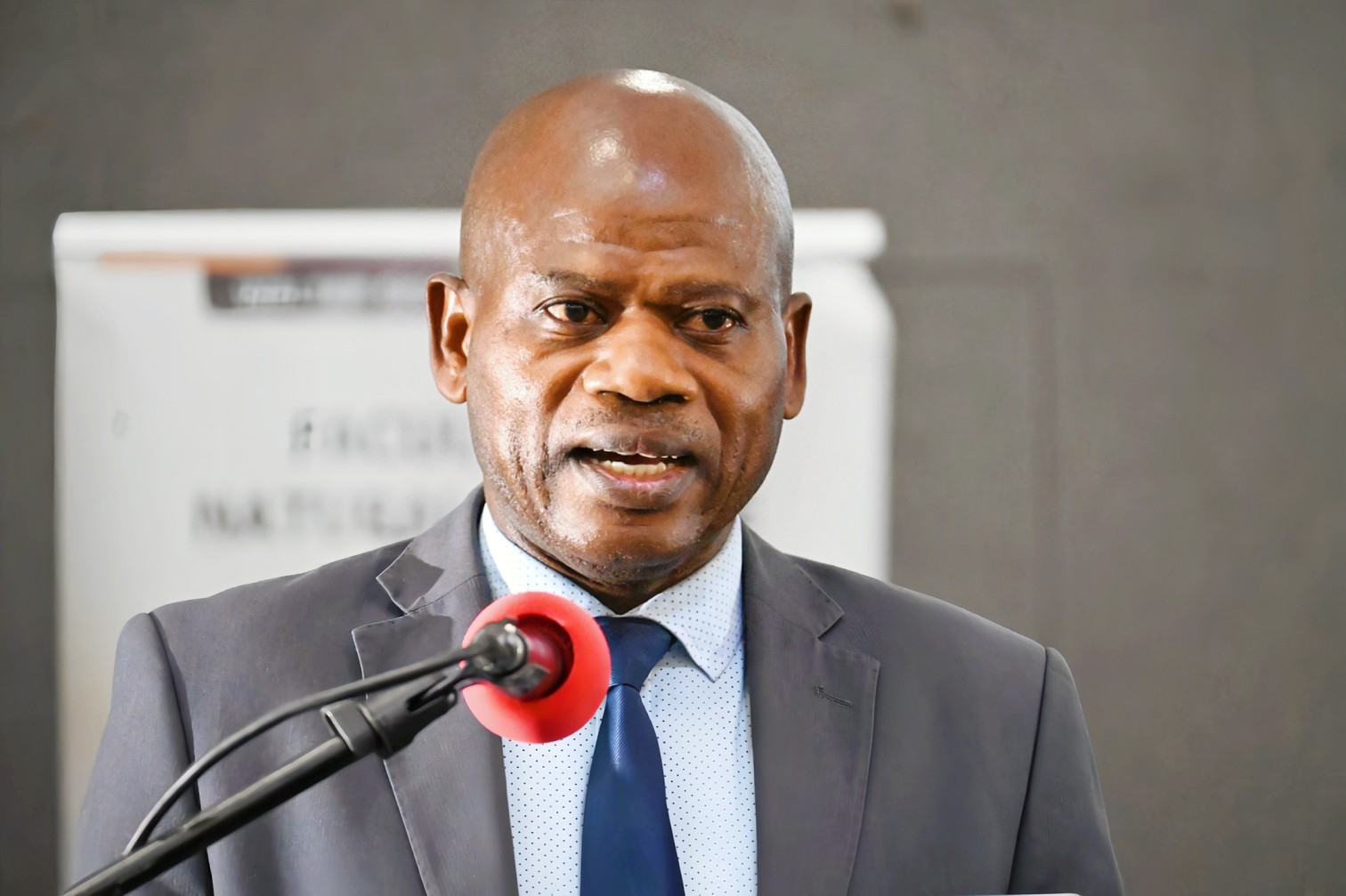PERFORMANCE, PARTNERSHIPS, AND PURPOSE: INSIDE THE FNS VISION
 The WSU Faculty of Natural Sciences’ (FNS) Executive Dean, Professor Albert Modi, in his State of the Faculty address laid out a vision to transform the faculty into a dynamic contributor to the university’s strategic goals.
The WSU Faculty of Natural Sciences’ (FNS) Executive Dean, Professor Albert Modi, in his State of the Faculty address laid out a vision to transform the faculty into a dynamic contributor to the university’s strategic goals.
A major theme of the address was performance and accountability. Drawing from international standards such as the Times Higher Education rankings, Modi challenged his colleagues to focus on teaching, research, and international collaboration.
“Teaching and research contribute 90% to our global rankings. Each member of staff must ask: how am I contributing to WSU’s upward trajectory? To that end, the faculty has introduced a Key Performance Area (KPA) system, which allows staff to select and report on specific targets. This initiative is already showing promise, with 90% of staff submitting performance data on time,” said Modi.
Delivered with passion and clarity, Modi’s address was not just a reflection on current achievements, but a call to action for faculty staff, students, and leadership.
Modi called for increased collaboration across faculties, particularly with Education and Arts, citing opportunities such as the physics of music and the need for STEM-oriented teacher training. He also emphasised the value of honorary and adjunct professorships, calling on industry leaders and academics from across South Africa to partner with WSU.
“There is no university like WSU, sitting between the Drakensberg Mountains and the Indian Ocean, in a region affected by poverty, yet rich in potential. WSU must be visible and relevant to its people,” he said.
Modi highlighted the FNS structure, noting the four active departments and the faculty's commitment to growth through strategic additions such as the proposed Department of Agriculture.
“How can we have the former Transkei with so much land and no agriculture programmes? This must change,” he said.
While acknowledging the faculty’s research outputs, he urged staff to improve the quality and impact of their publications.
“. We must be intentional in how we publish and who we partner with. Research centres such as the Centre for Global Change and the National Polution Lab are already driving international partnerships, with WSU negotiating collaborations with European institutions,” he said.
Modi encouraged transformation through the “grow-your-own-timber” strategy, identifying internal talent that can be nurtured into future professors and researchers.
“We cannot have MSc or PhD holders working as technicians indefinitely. That is talent waiting to flourish,” said Modi.
He also expressed pride in leading by example, personally teaching honours students and participating in national science conferences.
“Leadership is not about micromanagement, it is about visibility, action, and accountability. We are not just a faculty of science; we are the heartbeat of a university that must matter. A university that must lead,” he said.
Concluding with a challenge, Modi said the faculty must become a key driver of financial sustainability by ensuring students graduate on time, increasing research output, and raising WSU’s global profile.
By Anita Roji
